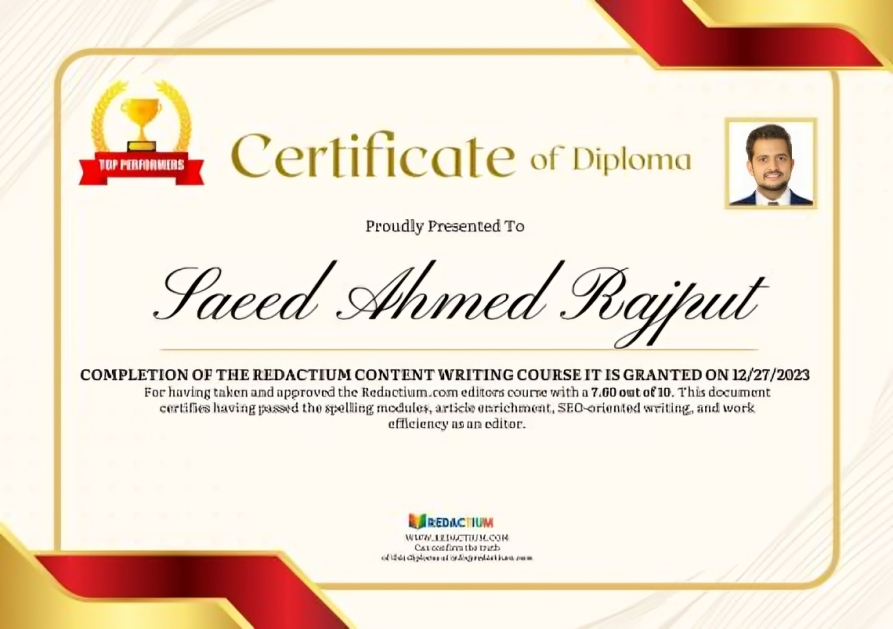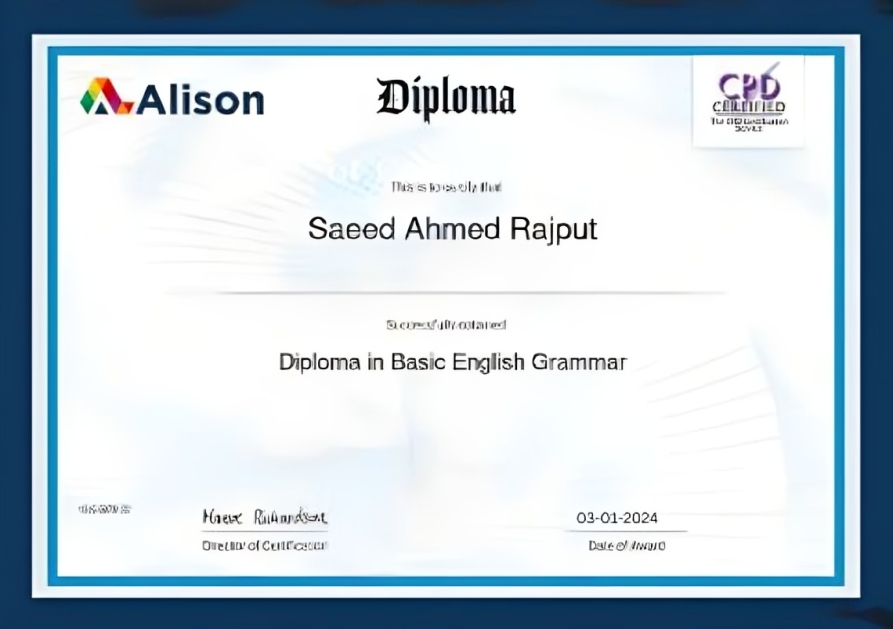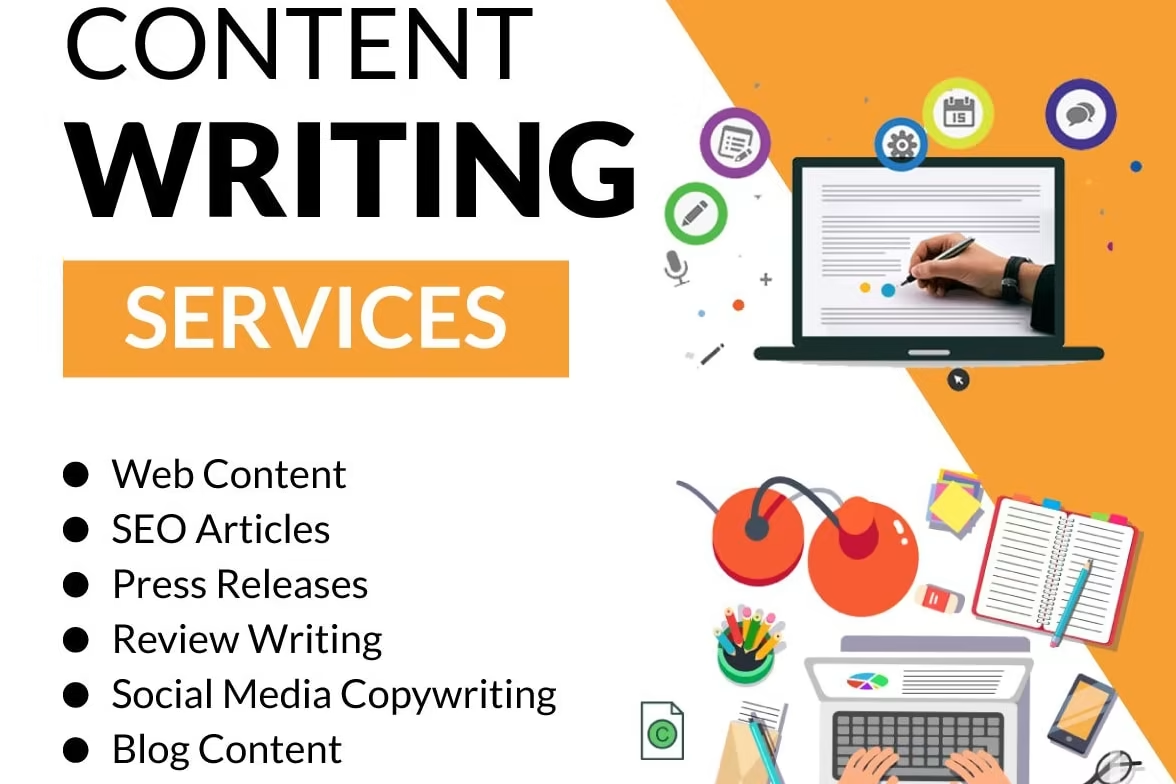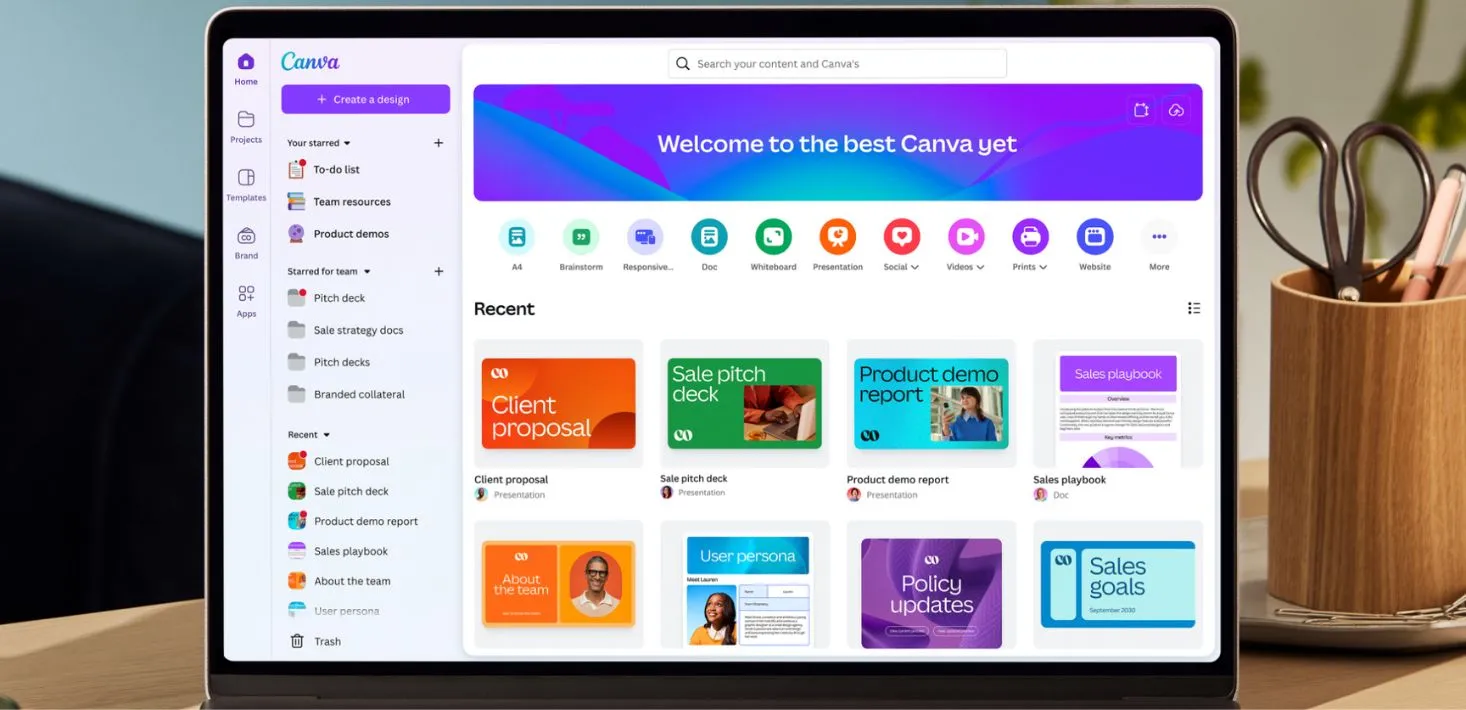


Month 1: Introduction to Content Writing & Fundamentals
Week 1: What is Content Writing?
- Understanding the role of content writing in digital marketing
- Different types of content (blogs, articles, social media posts, etc.)
- The importance of content in SEO and brand building
- Basic writing skills for effective communication
Week 2: Understanding Your Audience
- Identifying and analyzing target audiences
- Creating reader personas
- Understanding the needs, preferences, and behaviors of your audience
- Writing with the reader in mind (tone, style, language)
Week 3: Grammar, Punctuation, and Vocabulary
- Revising basic grammar rules
- Sentence structure and paragraph formation
- Using punctuation correctly for clarity and readability
- Building a strong vocabulary for content writing
Week 4: Writing with Clarity and Simplicity
- The importance of clarity in content
- Avoiding jargon and complex language
- Writing concise and to-the-point content
- Practicing simple and direct communication in writing
Month 2: SEO Writing & Keyword Optimization
Week 1: Introduction to SEO in Content Writing
- What is SEO and why it matters for content writers?
- Basic SEO terminology (keywords, meta descriptions, backlinks)
- How search engines rank content
- Writing content that appeals to both readers and search engines
Week 2: Keyword Research for Content Writers
- Understanding the role of keywords in content writing
- Tools for keyword research (Google Keyword Planner, Ahrefs, SEMrush)
- Finding high-volume, low-competition keywords
- Incorporating keywords naturally in content
Week 3: Writing SEO-Friendly Content
- Writing SEO-optimized titles, meta descriptions, and headers
- Creating keyword-rich content without stuffing
- Using LSI (Latent Semantic Indexing) keywords for diversity
- Writing long-form vs. short-form content for SEO
Week 4: Writing for Search Intent
- Understanding user intent (informational, navigational, transactional)
- Writing content that satisfies search intent
- Structuring content to answer user questions
- Writing blog posts, guides, and how-to articles based on search intent
Month 3: Blogging & Storytelling Techniques
Week 1: The Art of Blogging
- Understanding the structure of a blog post (introduction, body, conclusion)
- Writing engaging blog titles and hooks
- How to write a compelling introduction
- Structuring and organizing blog content for readability
Week 2: Storytelling in Content Writing
- The power of storytelling in content marketing
- Using anecdotes and personal stories to engage readers
- Storytelling techniques for brands
- Balancing facts with narrative in informative content
Week 3: Writing Engaging Introductions and Conclusions
- Techniques for writing attention-grabbing introductions
- Crafting memorable conclusions that leave an impact
- Using hooks, questions, and statistics to start a blog post
- Writing effective call-to-actions (CTAs) in blog conclusions
Week 4: Writing for Engagement and Readability
- Tips for improving readability (headings, bullet points, short paragraphs)
- Writing conversational content that connects with readers
- Creating a balance between information and entertainment
- How to keep readers engaged from start to finish
Month 4: Social Media Content & Copywriting
Week 1: Writing for Social Media
- Understanding the dynamics of different social media platforms (Facebook, Twitter, Instagram, LinkedIn)
- Writing effective captions, tweets, and posts
- Hashtag strategy and its impact on content visibility
- Tips for engaging social media content
Week 2: Copywriting Basics
- What is copywriting and how is it different from content writing?
- Writing persuasive and actionable content
- Understanding the AIDA model (Attention, Interest, Desire, Action)
- Tips for writing compelling headlines and taglines
Week 3: Crafting Effective Ad Copy
- Writing short-form content for ads (Facebook, Google, Instagram)
- Creating headlines that sell
- Writing product descriptions that highlight benefits and features
- Writing with urgency and creating a sense of scarcity
Week 4: Writing Email Newsletters & Campaigns
- Structuring an email for maximum engagement
- Writing email subject lines that boost open rates
- Best practices for writing newsletters and promotional emails
- Crafting CTAs in email marketing
Month 5: Technical & Professional Writing
Week 1: Introduction to Technical Writing
- What is technical writing?
- Writing user manuals, how-to guides, and FAQs
- Structuring complex information for easy understanding
- Writing clear and precise technical content
Week 2: Writing Case Studies & White Papers
- Understanding the purpose of case studies and white papers
- Researching and organizing information for a case study
- Writing an effective white paper (problem, solution, benefits)
- Formatting and structuring case studies for readability
Week 3: Writing for E-commerce Websites
- Writing product descriptions that convert
- Writing about features vs. benefits
- Structuring product pages for better user experience
- Creating content for product categories and landing pages
Week 4: Writing for Corporate & Business Communication
- Writing professional business emails
- Writing proposals, reports, and memos
- Creating clear and persuasive presentations
- Writing formal content for corporate websites
Month 6: Advanced Content Writing Techniques & Freelancing
Week 1: Advanced Content Writing Strategies
- Developing a content calendar and strategy
- Writing evergreen content that remains relevant over time
- Updating and repurposing old content for new audiences
- Collaborating with other writers and editors
Week 2: Proofreading, Editing, and Improving Your Writing
- Techniques for proofreading and editing your own work
- Common mistakes to avoid in content writing
- Tools for editing (Grammarly, Hemingway App, etc.)
- The role of a content editor in content development
Week 3: Freelancing as a Content Writer
- How to start a freelance writing career
- Building a portfolio and personal brand
- How to find clients on platforms like Upwork, Fiverr, and LinkedIn
- Setting rates and negotiating contracts
Week 4: Capstone Project & Certification
- Completing a final content writing project (blog, case study, or social media campaign)
- Presentation of the capstone project to peers or mentors
- Feedback on writing style and improvements
- Course completion and certification












